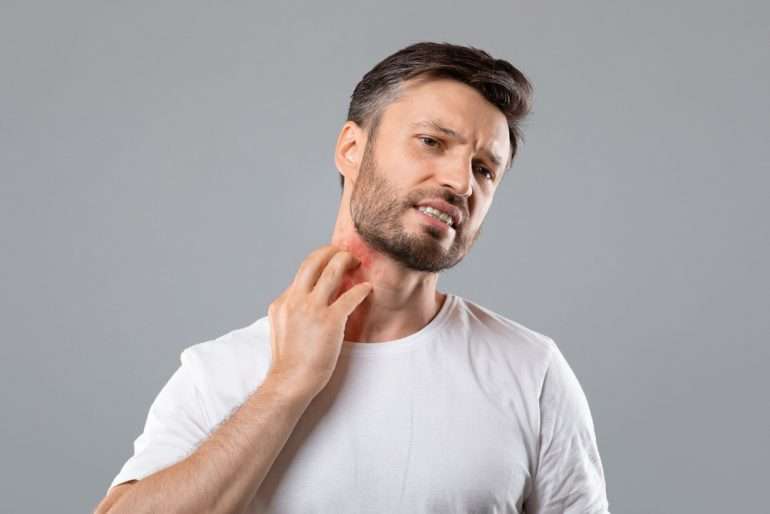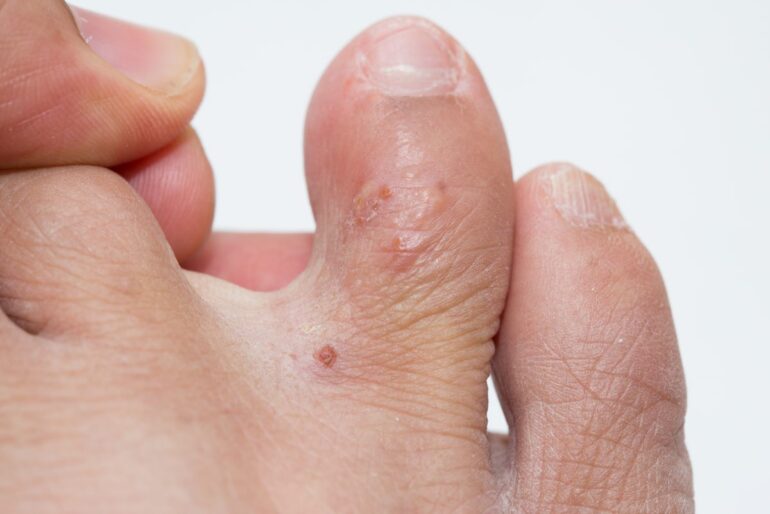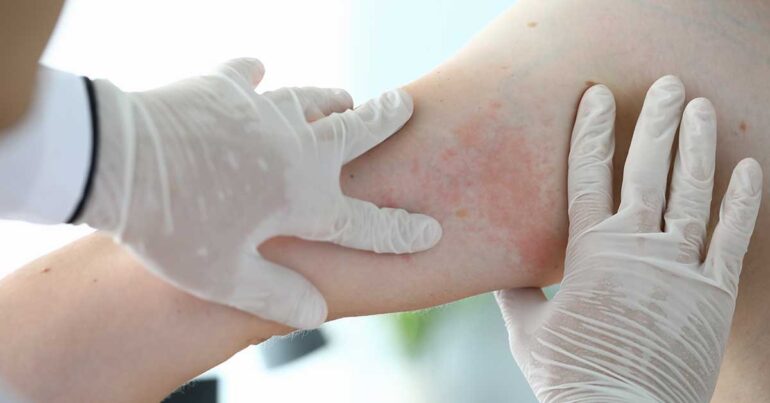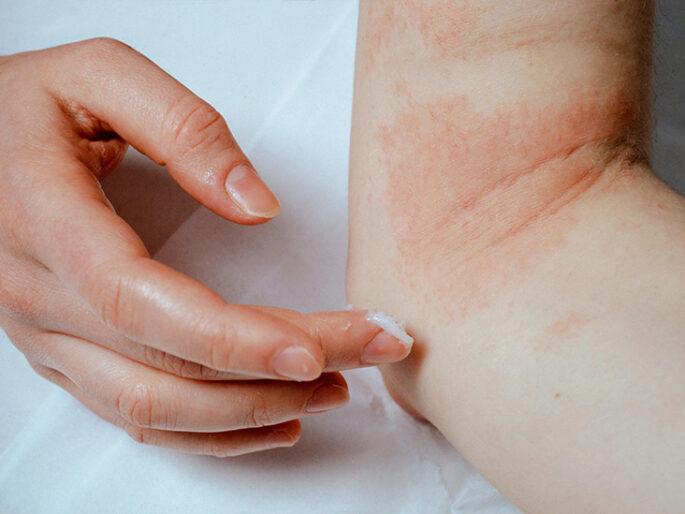Eczema
Eczema
What is Eczema Dermatitis?
Eczema dermatitis is a skin condition that causes itching and redness. It is most common in children, but it can affect anyone at any age. Eczema dermatitis is a persistent skin disorder that flares up on occasion. It’s possible that you have asthma or hay fever.
Eczema dermatitis has no known cure. On the other hand, treatments and self-care routines can help relieve irritation and prevent recurring outbreaks. Avoiding harsh soaps, hydrating your skin on a regular basis, and using medicated lotions or ointments are all good.
Our dermatologists ensure that our patients receive relief as soon as they arrive at our Jaipur clinic.
Symptoms
The signs and symptoms of eczema dermatitis differ from person to person and include:
- Dry skin
- Itching that can be intense at times, especially at night
- Hands, feet, ankles, wrists, neck, upper chest, eyelids, inside the bend of the elbows and knees, and, in babies, the face and scalp are red to brownish-gray spots.
- When scraped, small, raised lumps may leak fluid and crust over.
- Skin that’s thickened, cracked, and scaly
- Scratched skin that is raw, painful, and swelling
Eczema dermatitis usually starts before the age of five and can last throughout adolescence and adulthood. For some folks, it flares up every now and again and then goes away for months or even years.
Diagnosis
Eczema dermatitis can be diagnosed without the need of a lab test. Examining your skin and analyzing your medical history will most likely lead to a diagnosis. He or she may also employ patch testing or other tests to rule out other skin illnesses or diagnose eczema-related conditions.
Tell us if you think a specific food caused your child’s rash, and we’ll alert you to any probable food allergies.
Treatment
Eczema dermatitis can last a long time. To control eczema, you may need to try a variety of therapies over months or years. Even if eczema treatment is successful, symptoms and indicators may reappear (flare).
It’s critical to discover the problem early on so that treatment can begin. If frequent moisturizing and other self-care measures are ineffective, one or more treatments may be recommended.




When should you visit us?
Make an appointment with us as soon as you notice any atypical rashes that are interfering with your normal activities.
Visit our website for more information or schedule an appointment with us.



